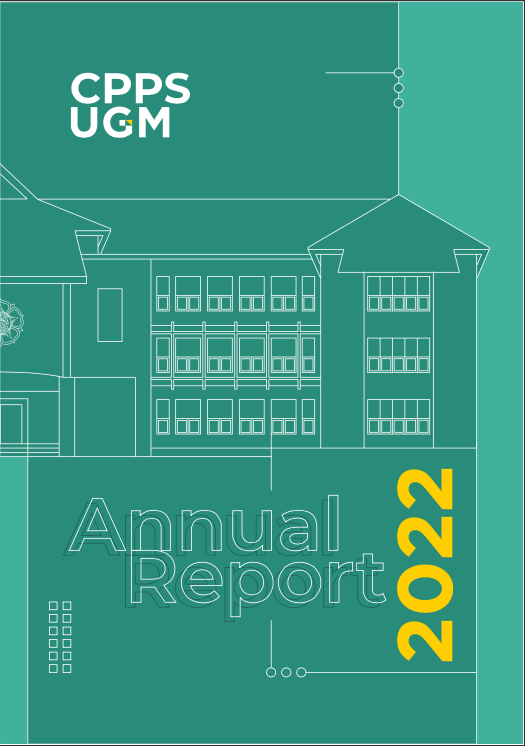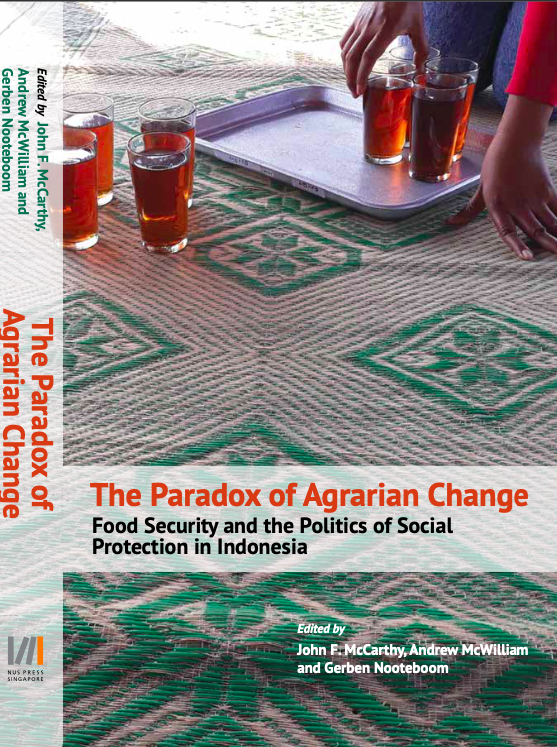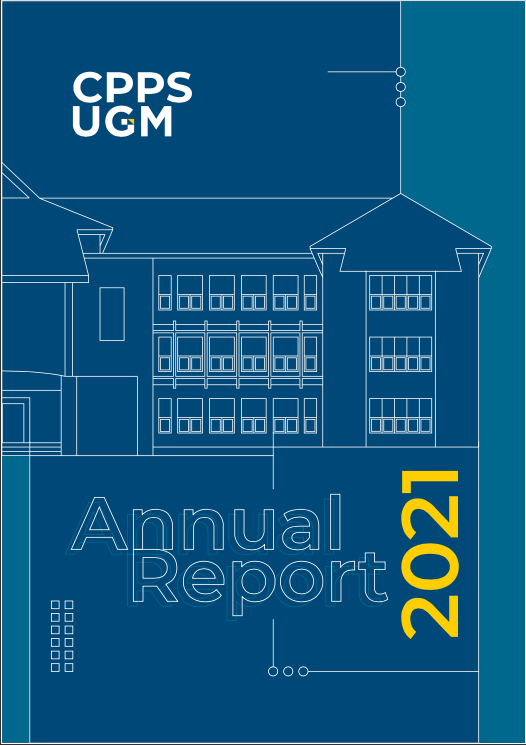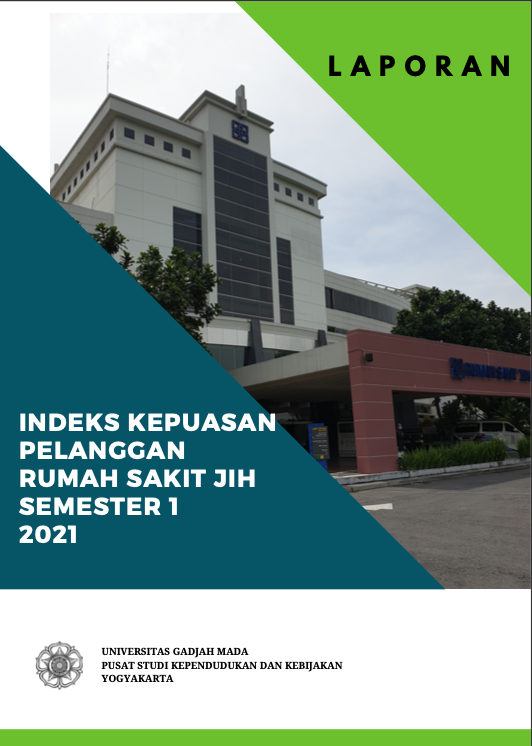Penanggulangan PMS Dan HIV AIDS Pada Era Otonomi Daerah
|
This study shows that decentralization in the health sector in Banyumas Regency has not increased the commitment of the government to prevent and overcome STD (sexually transmitted disease) and HIV/AIDS. Though currently the implementation of decentralization is based on Law no 32/2004, the regulation that is used as the base for the implementation of decentralization in the health sector is still used (article 238). Therefore, this study is still relevant with the context of decentralization in the health sector. The highest authority, which is in the hands of the Health and Social Welfare Office (known as DKKS), has not been able to guarantee that this institution will able to optimally play its role.
There are various reasons why the local government of Banyumas (in this case the DKKS) has a weak commitment in preventing and overcoming STD s and HIV/AIDS. First of all, DKKS is more concerned about giving the government a good name rather than focusing on the needs of the society in relation to HIV/AIDS. On the one hand, the government of Banyumas places Baturaden as one of the main tourist sites, which is very potential in increasing the region’s income. On the other hand, the prostitutes that operate in that area are also prone in being infected by HIV/AIDS, but are one of the economic assets of the region. Unfortunately, the local government dismisses the importance of acknowledging the dangers of HIV/AIDS for the prostitutes. Second, there has been a change in the policy that governs the monitoring of the prostitutes’ health. Before decentralization, “health is the responsibility of DKKS”, but now “health is the responsibility of individuals”. Therefore, the intensity and frequency of actions made by DKKS to prevent and overcome STDs and HIV/AIDS have decreased, including efforts in maintaining the reproductive health of prostitutes. Third, there is poor coordination between institutions ‘responsible’ for the prevention and overcoming of STDs and HIV/AIDS, including the low concerns that the Legislative Board and the community leader have in relation to this issue.
Key word: STD, HIV/AIDS, Decentralization




